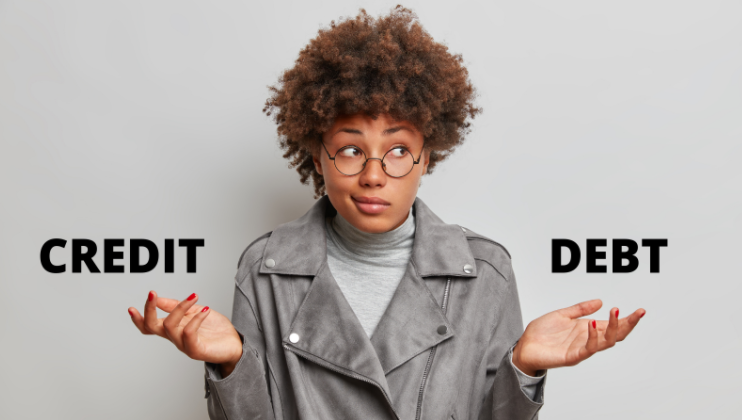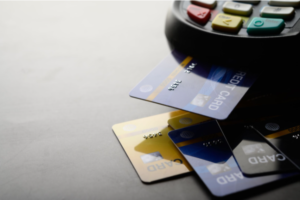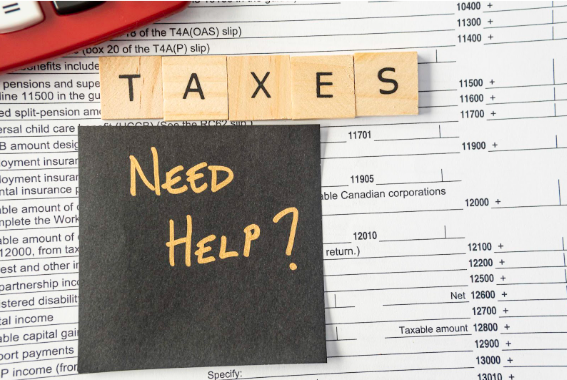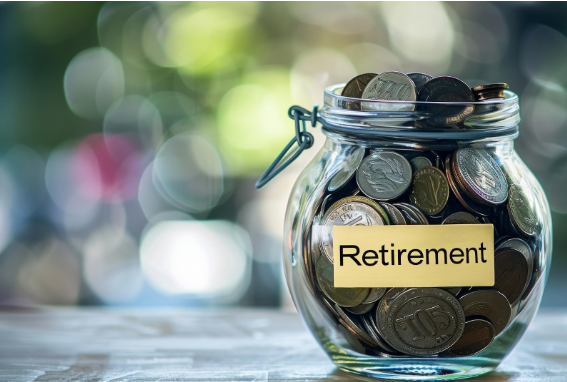
What’s The Difference between Credit And Debt
Borrowing money is an unavoidable reality for many of us. We might borrow money in many forms – mortgages for our homes or making daily purchases on our credit cards for convenience.
We may even come across different offers and advertisements for loans or credit cards. While these are tempting, it is critical to evaluate whether they are the best option to borrow money for our financial situation.
Having a basic knowledge of how loans or credit work can put us ahead in our financial journey.
While there are many ways to borrow money, most can be categorized as debt or credit. If we understand the basics of how these work, we can make better financial decisions.
What is debt?
Debt usually refers to a loan with a set amount, due date and interest rate.
In most cases, a loan or debt is a transaction where you receive money upfront. The loan terms are known ahead of time and listed on a contract. The terms will typically include:
- The amount borrowed or principal
- Interest rate
- Due date
Repayment schedule

Sometimes, the loan is due in a short period, such as with payday loans. For longer-term debt, there may be a set repayment schedule. This is the case for mortgages. Every month, you make payments to the lender to pay back interest and a part of the principal.
When your loan term ends, you pay back the remaining debt, along with any unpaid interest.
Some common types of debt include:
- Mortgages
- Auto loans
- Student loans
- Payday loans
- Personal loans
What is credit?
Credit can offer a more flexible way to borrow.
When a lender extends credit, they give you the ability to borrow a certain amount of money. The creditor provides you access to use this money.
You can use it all, use only a partial amount or none of it, as you need.
A company may extend credit to you to make a purchase. Or your bank may make a line of credit available for you to use when you need it.
There are different types of credit you may commonly come across.
Credit Cards

Your bank or credit card issuer approves a credit limit. You can use this amount in each cycle. At the end of the cycle, you will not be charged interest if you pay the total balance on the due date.
However, if you do not pay the amount due at the end of the cycle, the lender will charge hefty interest charges.
In Canada, credit card interest rates typically start at 18% and can be as high as 29%. These interest rates can increase when you miss payments or only make minimum payments.
Lines of Credit
Banks or other financial institutions usually issue lines of credit. Lenders make a certain amount of money available for you to access.
Usually, you pay a predetermined interest rate only on the amount borrowed. There may be other fees to have this option available, even if you do not use it.
Buy Now Pay Later (BNPL)
Buy Now Pay Later programs are an increasingly popular way to make purchases. A company may extend you credit to purchase what you need. Then, you make weekly or monthly payments over time to pay down your purchase.
Typically, there is no interest charge if you make payments on schedule. These can be useful for large purchases like furniture or appliances.
Difference between credit and debt
Credit and debt may be part of our daily lives and can be a responsible way to borrow. Which is best for you will depend on your financial circumstances.
Here are some key differences to help you distinguish between debt and credit.
Credit is revolving
Perhaps, the most notable characteristic of credit is that it is a revolving type of borrowing.
More money becomes available as you pay back what you borrowed within the limit. For example, when you have a credit limit of $5,000 and use $2,000, you have $3,000 left in available credit. If you pay back $1,000, your available credit will increase to $4,000.
Often, lines of credit or your credit cards are renewed annually or every few years. At this time, lenders may choose to extend you the same amount or more or less, depending on your financial situation.
With debt or a loan, you pay back your loan when it is due. If you need more money, you will have to borrow money again on a new loan.
Interest charges
Both debt and credit have interest and other costs attached to them.
With debt, the interest rate is typically known ahead of time and is part of the contract you sign. Debt, with some exceptions, typically has lower interest rates, such as personal loans and mortgages, at least when compared to credit cards.
With credit, you pay interest on the amount you use.
You might encounter higher interest rates on credit-type borrowings, such as credit cards. And in some cases, interest rates can differ based on how much you have borrowed, and for how long.
How to manage debt and credit responsibly?
Many of us rely on debt and credit in our day-to-day lives.

Both debt and credit can help us when we do not have enough money to buy what we need or want. However, if we cannot pay back our loans, or any credit we have used, it can affect us negatively.
Make payments in full when they are due.
While credit and debt might differ in some ways, all lenders expect you to pay back what you borrow. The repayment terms of loans and credit may be different.
No matter the type of borrowing, late, missed, or partial payments can be expensive with interest charges and penalties. It is essential to pay it back in full on time to avoid unexpected financial consequences.
Borrow what you can afford
Both debt and credit can result in money you borrow. It is essential to pay back any borrowed money in full to avoid getting stuck in a cycle of debt.
Lenders and creditors may offer you favourable terms to borrow more than you need. Depending on your credit score, your credit card limit may even be higher than your monthly income!
It can be easy to over-extend yourself and borrow more than you can afford. Remember that any money you borrow and don’t pay back can be expensive due to interest charges and other costs.
Understand the fine print.
All types of loans and debts come with fine prints or contracts. These tell you how much you can borrow, when to pay it back, and the borrowing costs.
It is essential to know the basic terms of any loan or credit agreement you sign so that you can responsibly pay it back without hurting your finances.
Borrowing and Your Credit Score
Both credit and debt can impact your credit score positively and negatively.
When we borrow money, like a traditional mortgage loan, and make payments on time, in total, it can help build our credit rating. However, late and partial payments can negatively impact your credit score.
Similarly, if you have credit available (such as credit cards or lines of credit) and use it responsibly, they can be good for your credit score.
In fact, if you have credit available but don’t use it all, lenders may view it as using credit responsibly, which can be positive for your credit score. However, paying only the minimum balance due or missing payments can be detrimental to your credit score.
Debt and credit can be tempting ways to borrow.
Whether you have a mortgage on your home, student loans, rely on credit cards for daily purchases or have a line of credit with the bank, it can become easy to over-extend ourselves and borrow more than we can afford.
Both debt and credit can be useful when used responsibly but can just as quickly be detrimental to our financial lives, when we cannot afford it.
If you are in debt and need help to navigate, and pay down your debt, debt experts at EmpireOne Credit can help.
We offer credit counselling services to help you find the best way to deal with your debt and can help you repair your credit. Contact us for a Free Consultation.





